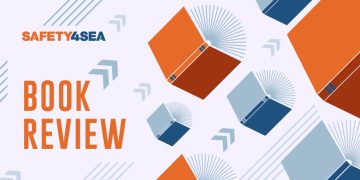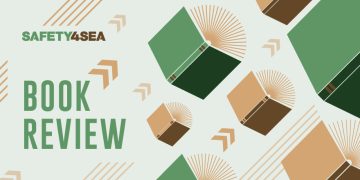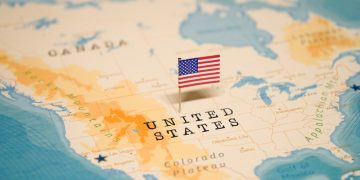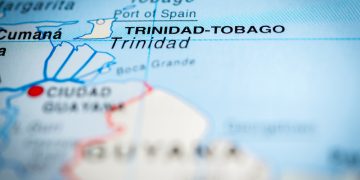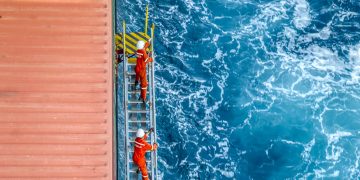Ocean acidity is dissolving shells off the US West Coast
A research team led by NOAA has found the first evidence that acidity of continental shelf waters off the West Coast is dissolving the shells of tiny free-swimming marine snails, called pteropods, which provide food for pink salmon, mackerel and herring, according to a new paper published in Proceedings of the Royal Society B. It is estimated by the researchers that the percentage of pteropods in this region with dissolving shells due to ocean acidification has doubled in the nearshore habitat since the pre-industrial era and is on track to triple by 2050 when coastal waters become 70 percent more corrosive than in the pre-industrial era due to human-caused ocean acidification. The new research documents the movement of corrosive waters onto the continental shelf from April to September during the upwelling season, when winds bring water rich in carbon dioxide up from depths of about 400-600 feet to the surface and onto the continental shelf. "Our findings are the first evidence that a large fraction of the West Coast pteropod population is being affected by ocean acidification," said Nina Bednarsek, Ph.D., of NOAA's Pacific Marine Environmental Laboratory in Seattle, the lead author of the paper. "Dissolving coastal pteropod shells point ...
Read more







